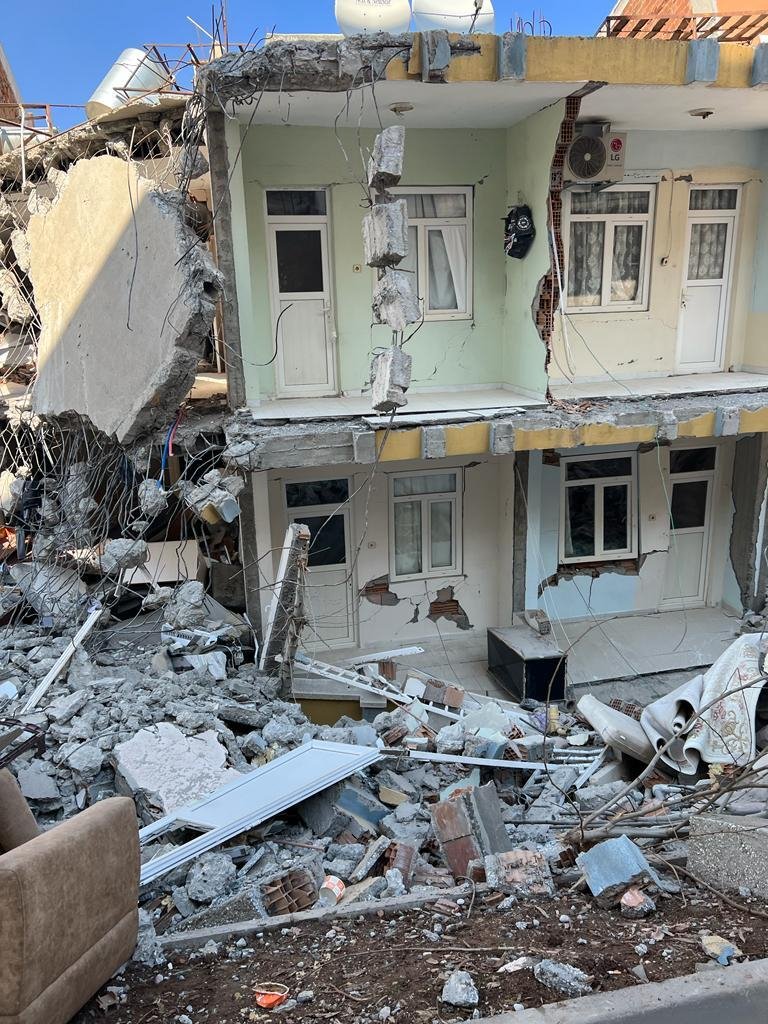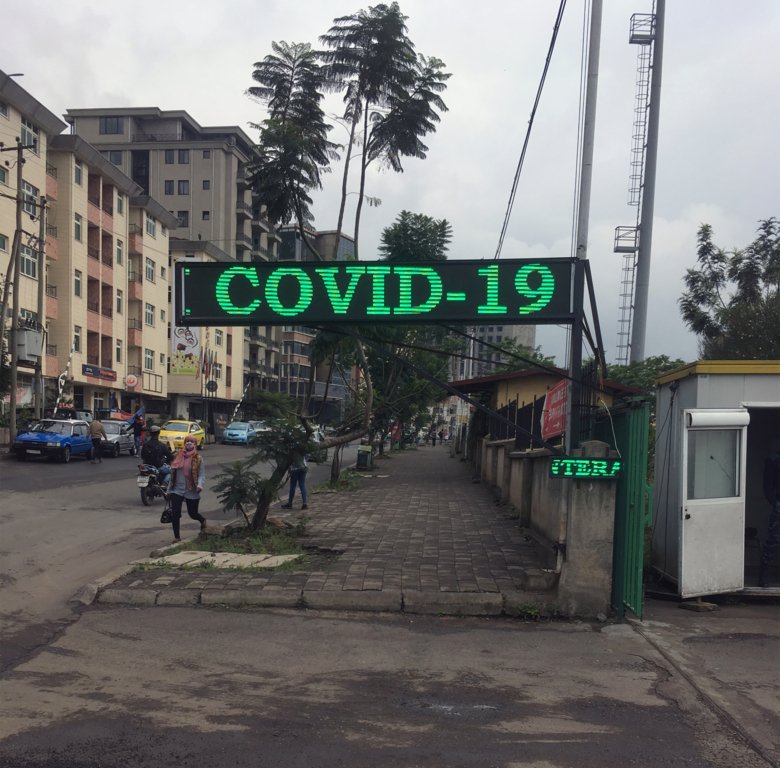 Photo: Gettyimages.
Photo: Gettyimages.Research
A disaster is defined by a lack of resources: lack of staff, lack of skill, lack of material and lack of time. Our research concerns the challenge of how we, despite the lack of resources, can provide optimal health services. Our team members' research include projects projects about needs assessment, Emergency Medical Teams, moral stress, systems thinking in health systems, health system resilience and more.




